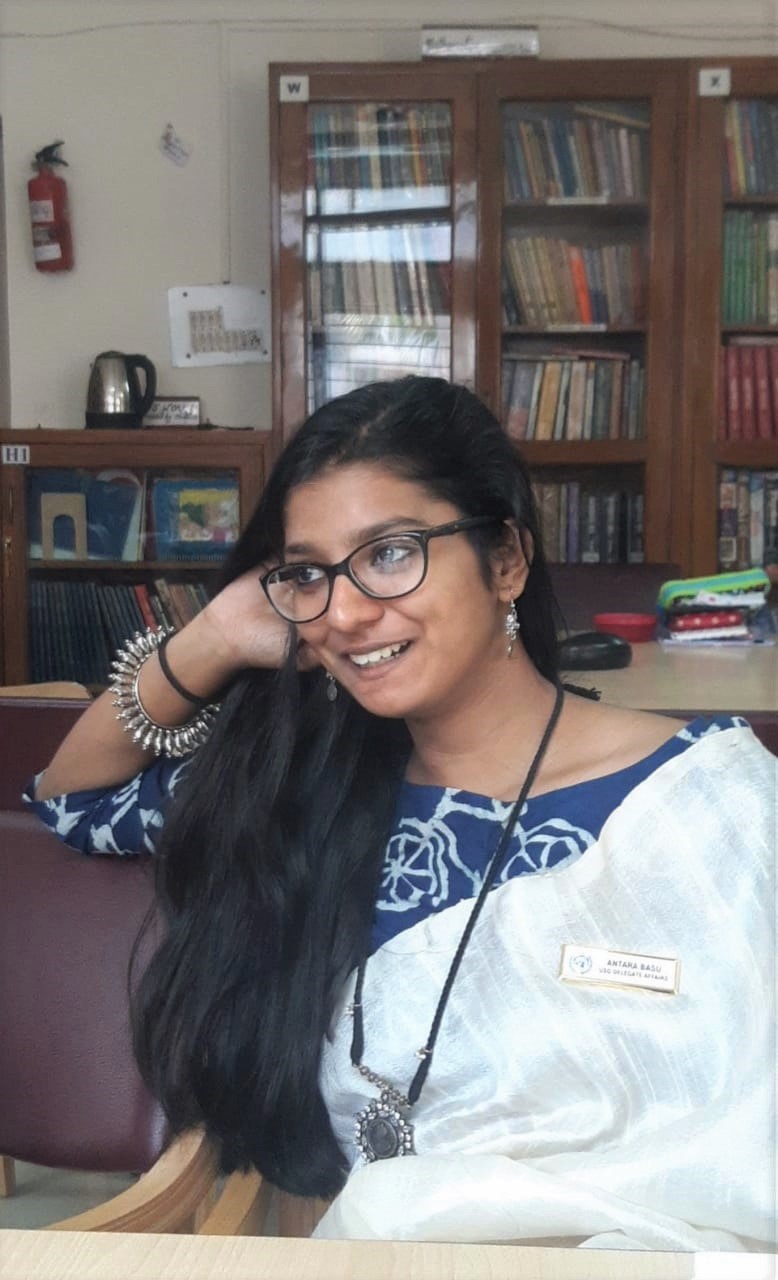Adoption Rights for LGBTQ+ Families
Antara Basu is a feminist writer and blogger, hanging by the thread of procrastination trying to achieve perfectionism. She is a Blogging intern with Safecity and has been with us for more than three months.
Adoption Rights for LGBTQ+ Families
– Antara Basu
September 6, 2018, saw Indian streets painted in pride, as our tricolor recognized the existence of the rainbow that was sewn into the drapes of India. And as much as we would like to celebrate the growing acceptance in the country, it is a fact indisputable that the comprehensive rights of the community are still being ignored. The legal recognition of same-sex marriages, a gender-neutral approach to the offense of rape, the legal right to adopt are components of an inclusive reality that we are nowhere near close to.
India is a country where adoption rates are appalling, and millions of children succumb to the fatalities of the system each year.
According to the United Nations Children’s Fund (UNICEF), India has 29.6 million orphaned and abandoned children.
SOS Children Village conducted a study in 2011 and concluded that the former category equals 4% of India’s child population.
However, disconcerting figures provided by Childline India Foundation (CIF) supported by the women and child development ministry showed that in 2017, of these 30 million children (which is most likely an under-reported figure), there were only 470,000 children in institutionalized care. And of these roughly half a million children, only a fraction finds its way into family care because adoption rates in India are abysmally low.
Though it is not specifically illegal for single LGBT+ individuals to adopt, one can imagine the additional hassles associated with their identity. LGBTQ+ couples are denied the right to adopt; children are denied the right to a safe and happy life, all under the pretext of preserving Indian culture. An Indian culture that was born out of bigotry, suckled on the breast of orthodoxy, and fed on the hidden lives of innumerable closeted Indians. When the choice is between keeping children in an underfunded and horrific institutional system or letting them be sheltered in the love and safety of stable families, then it ought to be quite clear. But as long as the definition of stable families is limited to the scope of heterosexual, man-woman households, the status of these wards of the state will hardly be subject to improvement. The question remains why a child should be deprived of a family because of someone’s religious or moral fanaticism.
“A child needs to have both a mother and a father,” is a popular argument of the anti-LGBTQ+ adoption stance, but do they conveniently overlook the cases of abuse and violence that children endure even in traditional, conforming households. Yes.
From adoption to surrogacy, all these options are severely limited to the community. The recent Surrogacy (Regulation) Bill, 2020, that was approved by the Union Cabinet, outlawed the provision of surrogacy except for Indian married couples.
Sushma Swaraj had said: “We do not recognize homosexual or live-in relationships, we do not want to entitle them…it is not in our ethos. That is why they are not allowed to commission babies through surrogacy.”
The Indian system will do everything to prevent families from adopting children because they do not meet the socially and culturally acceptable norms of the worthy Indian family. But they won’t lift a finger to help the children who are stuck in institutional care or worse conditions. None of the guidelines of The Central Adoption Resource Authority (CARA) talk about the rights of LGBT+ couples. The day that adoption of children is based on the requisites of stability, emotional and financial, as well as capability, and not sexual orientation, the face of the children of the country will drastically improve.
The views expressed are that of the writer.

